Poor sleep health and Attention-Deficit/Hyperactivity Disorder (ADHD) in children are closely interconnected, significantly impacting their overall well-being and daily functioning. Research indicates that 25-50% of children with ADHD also experience sleep disturbances, including difficulties falling asleep, staying asleep, or resisting bedtime. Specifically, Sleep Disordered Breathing (SDB) can be a critical factor, underscoring its importance in ADHD screening.
In this article, we will explore notable instances where children showed improvements in hyperactivity and attentiveness after enhancing their sleep health. These examples highlight the significance of addressing sleep problems in children with attention deficiencies, leading to better management of ADHD symptoms.
Overview of ADHD
ADHD is characterized by persistent patterns of inattention and/or hyperactivity-impulsivity that interfere with functioning or development. It is one of the most common neurodevelopmental disorders in children, with varying prevalence rates across different studies and populations.
The symptoms are categorized into three main areas:
- Inattention:
- Difficulty staying on task
- Challenges with organization
- Easily distracted
- Not due to defiance or lack of comprehension
- Hyperactivity:
- Excessive fidgeting, tapping, or talking
- Constant movement, even in inappropriate situations
- Impulsivity:
- Acting without thinking
- Difficulty with self-control
A recent study analyzing 45,000 parent responses to the 2022 National Survey of Children's Health (NSCH) found that approximately 1 in 9 children in the U.S. received an ADHD diagnosis (7.1 million children). Additionally, a study published in the Journal of the American Medical Association (JAMA) demonstrated a steady increase in ADHD prevalence over two decades, likely due to changes in evaluation methods and improved public awareness.

While there is no specific, standardized test to diagnose ADHD, the process can include:
- Interviews and/or questionnaires for family members, the child’s teachers, and/or others who know the child well, such as caregivers
- Medical examination to rule out other potential causes
- A medical history review to contextualize the child’s behavior
- Symptom assessment based on standardized criteria such as those in the DSM-5
- ADHD rating scales to collect and evaluate information about the child
According to the National Resource Center on ADHD, sleep disturbance was included in the diagnostic criteria before being removed in 1980 during the development of DSM-III, a manual published by the American Psychiatric Association. While it was removed to focus on the core symptoms of ADHD, we know today that evaluating sleep health remains critical as a factor in delivering more holistic care.
Understanding the Relationship Between Sleep and ADHD
Adequate sleep significantly impacts a child’s physical and cognitive development, emotional regulation, attention, behavior, metabolism, and immune function. ADHD symptoms and medications can exacerbate sleep challenges in children. Because sleep disorders and ADHD can both influence the severity of each condition, it’s critical to screen for sleep disturbances as a part of the evaluation process.
Sleep disturbances with strong links to ADHD include:
- Difficulty falling or staying asleep: Some children often will resist sleep when it is bedtime. This can be behavioral or due to a condition called Delayed Sleep Phase Syndrome (DSPS), which means they consistently fall asleep later at night and in turn want to wake up later the next day.
- Restless Legs Syndrome (RLS): Children with RLS will exhibit an irresistible urge to keep moving their legs, which worsens at bedtime. In clinical samples, up to 44% of individuals with ADHD have been found to have RLS and up to 26% of individuals with RLS have been found to have ADHD or symptoms of ADHD.
- Sleep Disordered Breathing (SDB) and Obstructive Sleep Apnea (OSA): Disturbances in breathing patterns, such as snoring and obstructive sleep apnea, are believed to be more significant in children with ADHD.
A study conducted at the Children's Cognitive Sleep Clinic and Child Health Clinic at the Affiliated Hospital of Hangzhou Normal University in 2022 revealed that 74.6% of children with ADHD had sleep disorders, compared to 25.4% without ADHD. Additionally, children with higher ADHD symptom scores tended to have more severe sleep problems, indicating a strong correlation between ADHD severity and the prevalence of sleep disorders.
Treatment Comparisons for Obstructive Sleep Apnea and ADHD
Studies suggest a common neurological cause between ADHD and sleep disorders, with each condition potentially exacerbating the other. Combining treatments for both can be more effective than treating them separately.
This study builds on previous research regarding effective treatment for habitual snoring, which claimed it could potentially resolve ADHD symptoms in 25% of children. Aimed to find the best treatment for children with ADHD and mild Obstructive Sleep Apnea (OSA) and explore their connection. It compared stimulant medication (methylphenidate, MPH), commonly used for ADHD management, with adenotonsillectomy, a standard treatment for Obstructive Sleep Apnea (OSA).
The study included three groups of children with ADHD and one healthy control group, analyzing six-month outcomes to better understand the impact of OSA treatment on ADHD. From January 2002 to December 2004, the study conducted at Chang Gung Memorial University Hospital, enrolled 125 children aged 6-12 with suspected ADHD, in addition to a control group of 27 children without ADHD. After a formal diagnosis of ADHD and completion of sleep testing, 66 children were identified with an overlap of both ADHD and mild OSA. Among them 27 were treated with MPH, 25 underwent surgical procedures to remove tonsils and adenoids in the throat, and 14 received no treatment.
When comparing MPH treatment to post-surgery, the following variables were used:
- Polysomnography (PSG) testing records brain activity, breathing, heart rate, eye and leg movements, oxygen saturation, and more.
- Parent questionnaire sleep variables
- Some daytime symptoms including attention span
- TOVA subscales, like, impulse control, response time, and total ADHD score
The results indicated that while children treated with adenotonsillectomy or MPH had higher overall outcomes when compared to the non-treatment group, such as enhanced sleep and cognitive functioning, the surgical approach produced more relief for ADHD symptoms. Children's sleep-disordered breathing, sleep quality, and ADHD symptoms, such as hyperactivity, significantly improved after surgery and these benefits were not as noticeable in the MPH group.
The results highlight the importance of sleep testing in ADHD diagnosis and the benefits of treating OSA to reduce long-term medication use and improve ADHD symptoms. Recognizing and treating even mild cases of OSA can significantly enhance sleep and cognitive abilities in children with ADHD.
Improving sleep health can have a transformative effect on managing ADHD symptoms in children. If your child is struggling with both ADHD and sleep problems, exploring integrated treatment plans could be more effective than treating each condition separately.
Sources
- https://www.webmd.com/add-adhd/childhood-adhd/adhd-child-sleep
- https://www.sciencedirect.com/science/article/abs/pii/S1389945724000996
- https://www.ncbi.nlm.nih.gov/pmc/articles/PMC9354977/
- https://www.sciencedirect.com/science/article/abs/pii/S1389945709002214
- https://www.nimh.nih.gov/health/topics/attention-deficit-hyperactivity-disorder-adhd
- https://www.sleephealthfoundation.org.au/sleep-topics/adhd-and-sleep-in-children
- https://www.tandfonline.com/doi/full/10.1080/15374416.2024.2335625
- https://jamanetwork.com/journals/jamanetworkopen/fullarticle/2698633
- https://www.ncbi.nlm.nih.gov/pmc/articles/PMC9134149/
- https://www.ncbi.nlm.nih.gov/pmc/articles/PMC9845961/
- https://www.aap.org
- https://academic.oup.com/sleep/article/28/8/1007/2708104
- https://www.sciencedirect.com/science/article/abs/pii/S1389945706001845



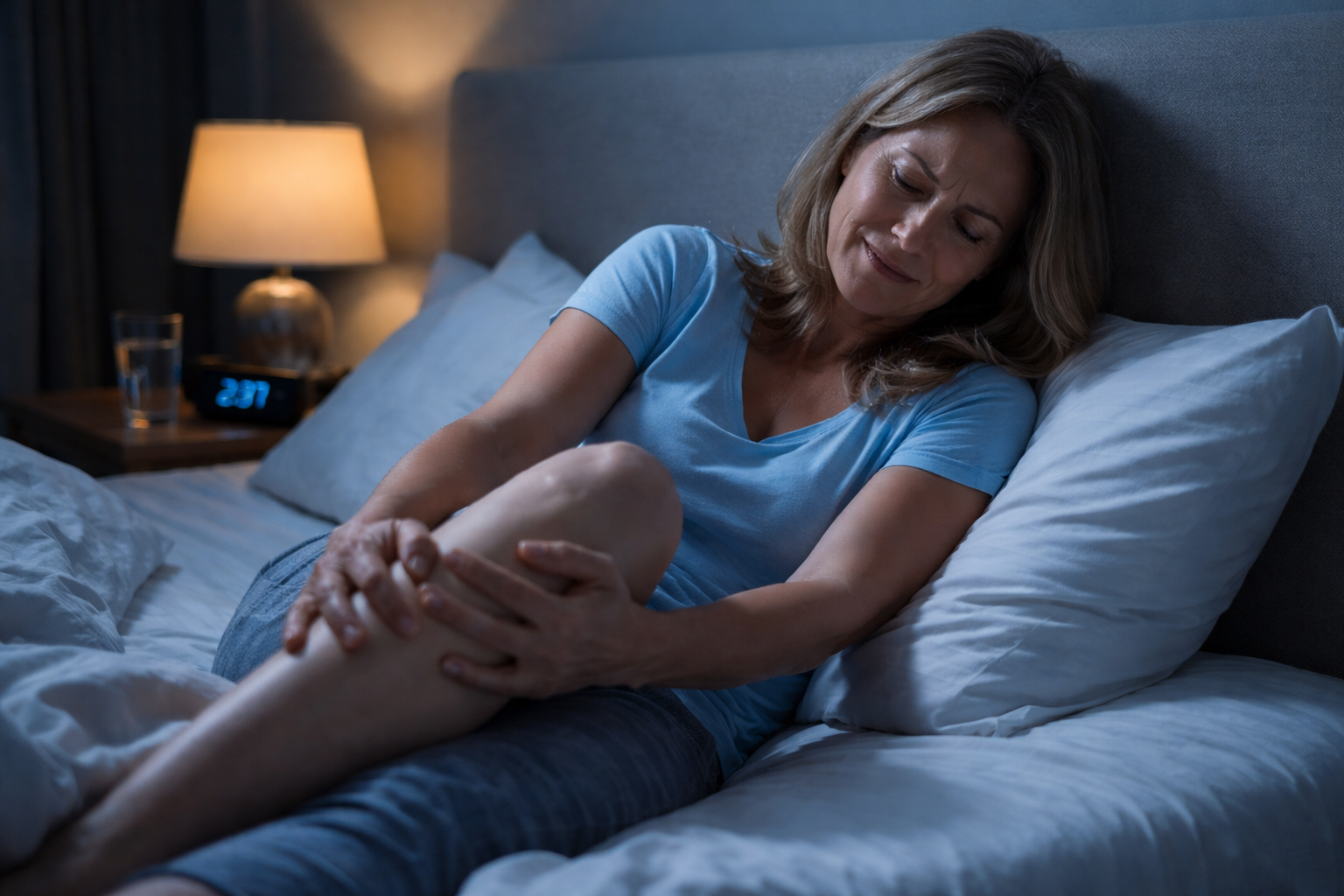
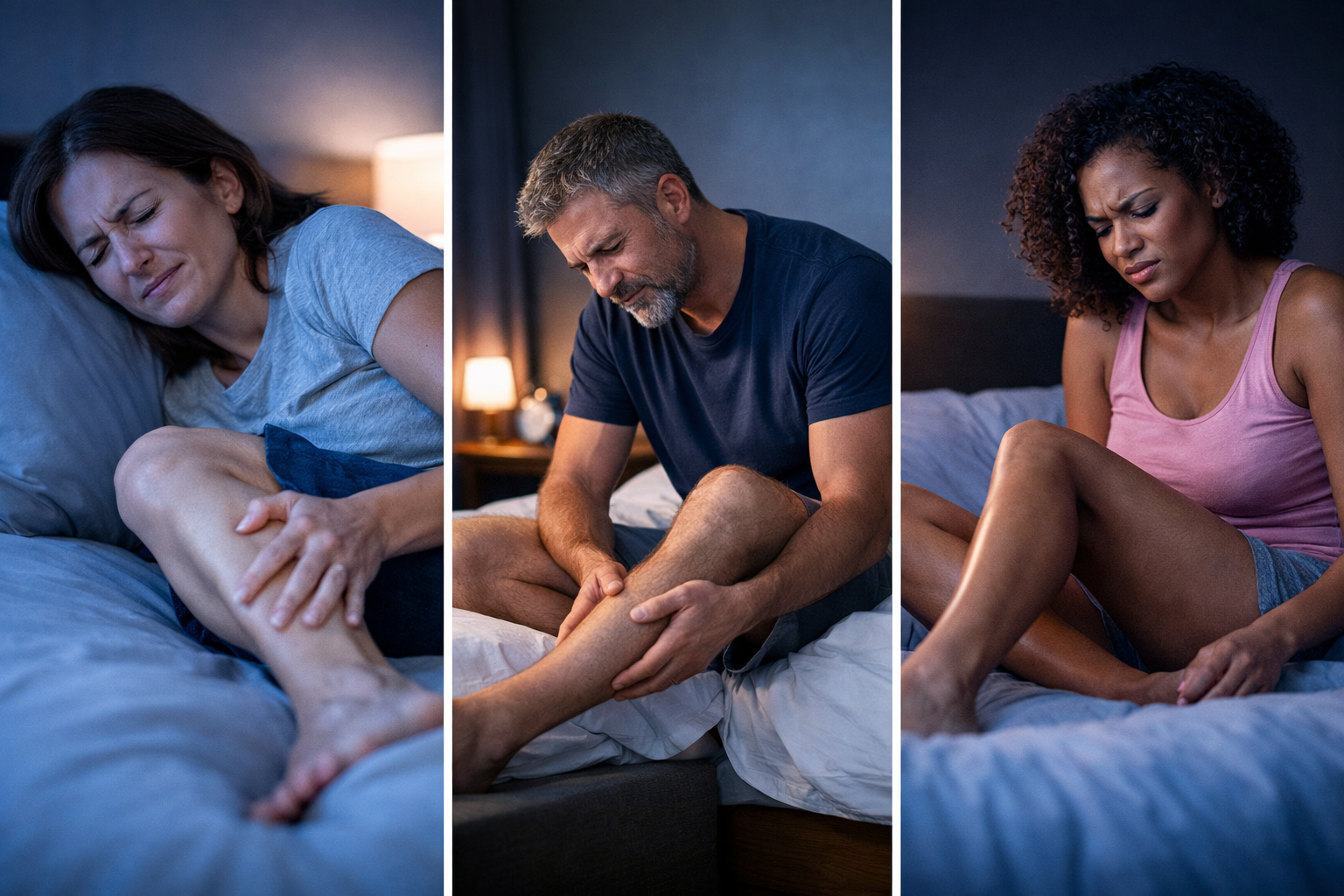
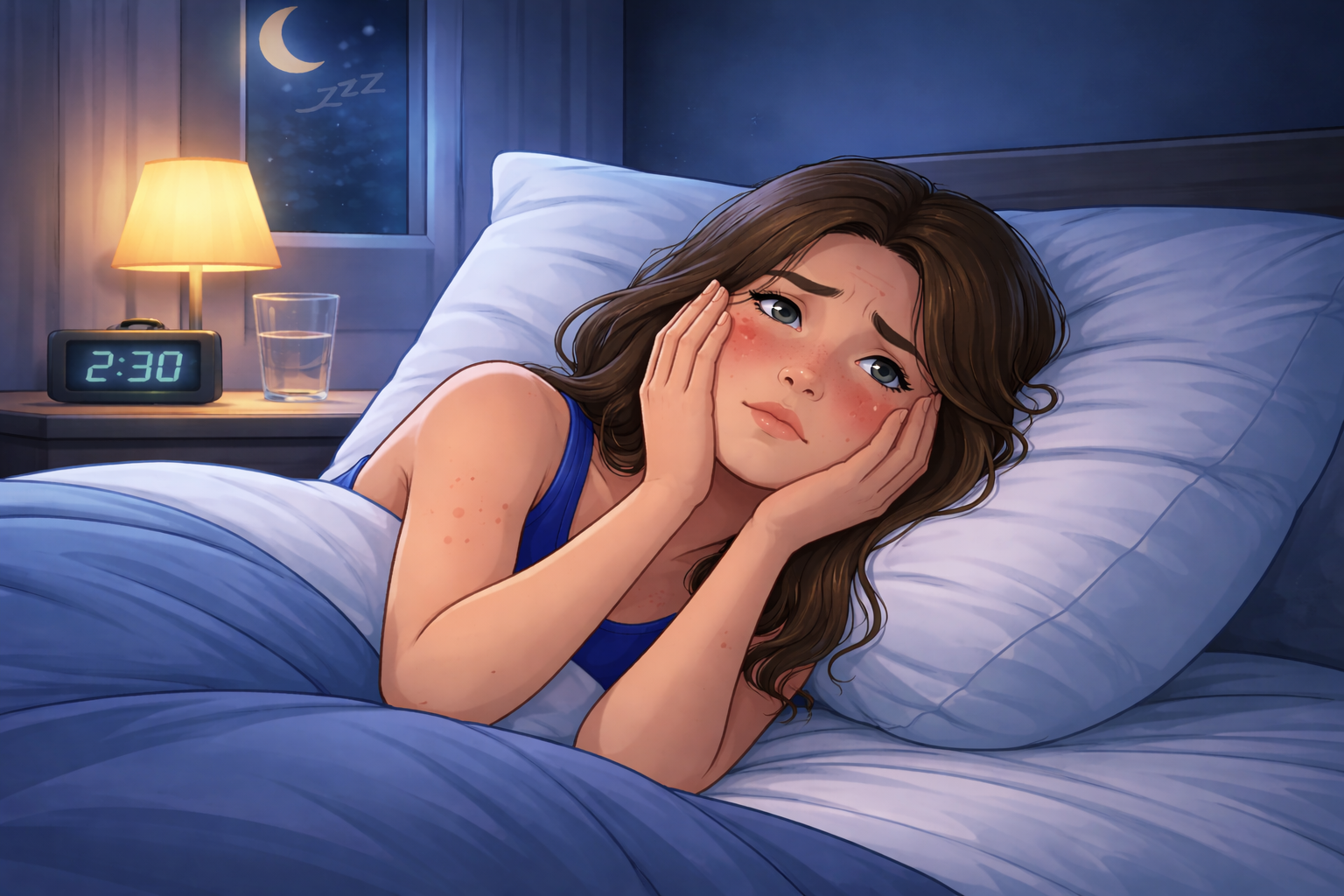
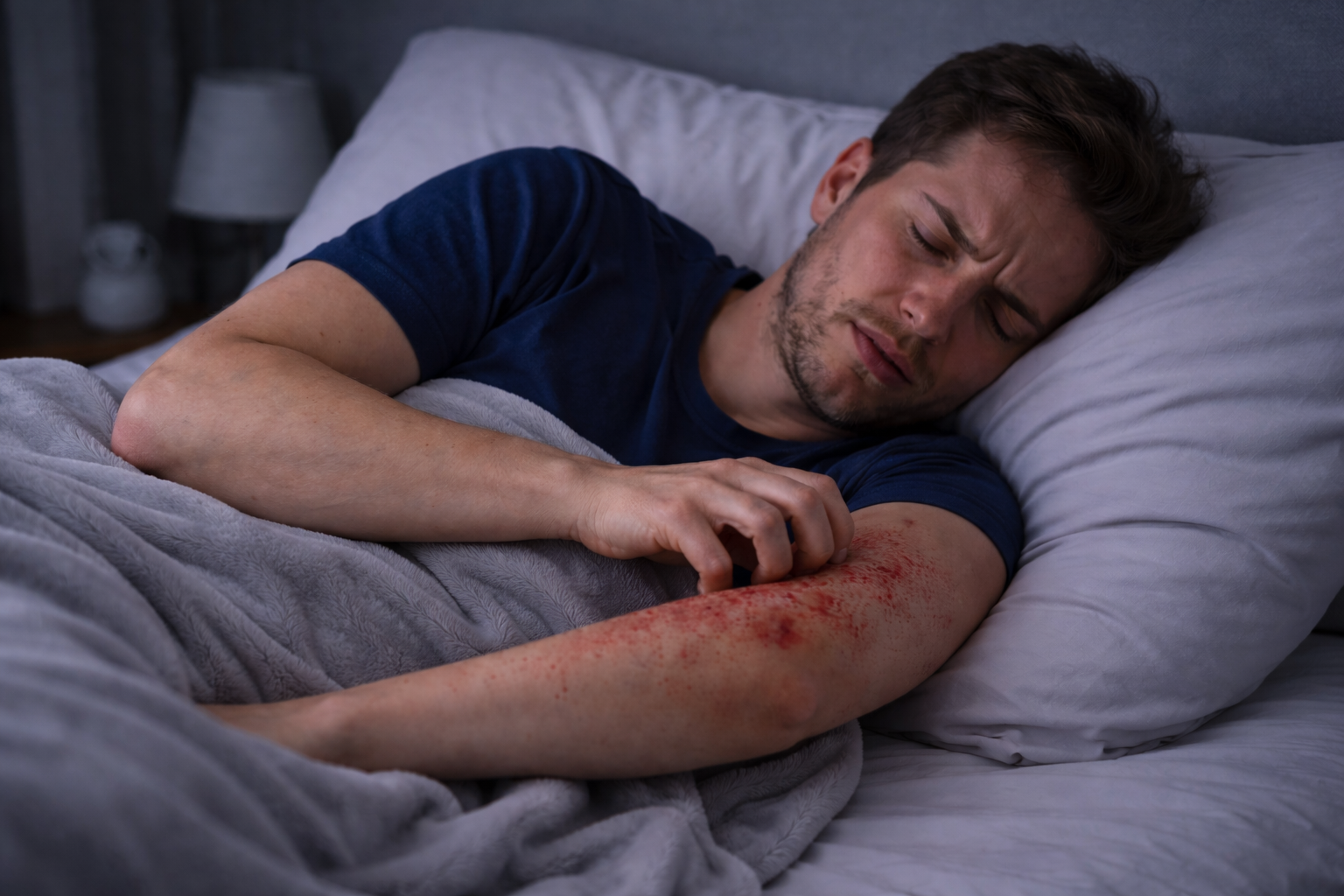
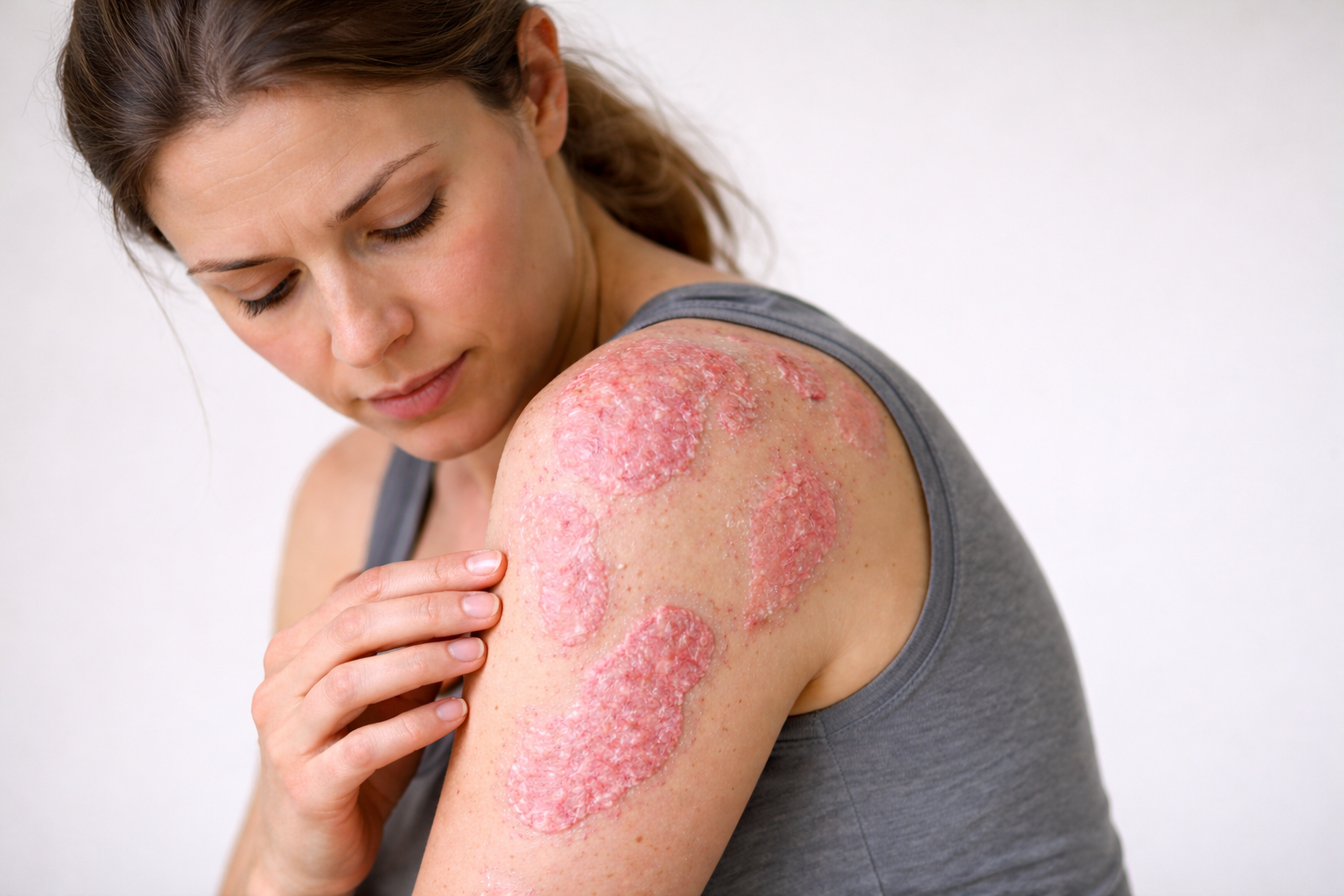
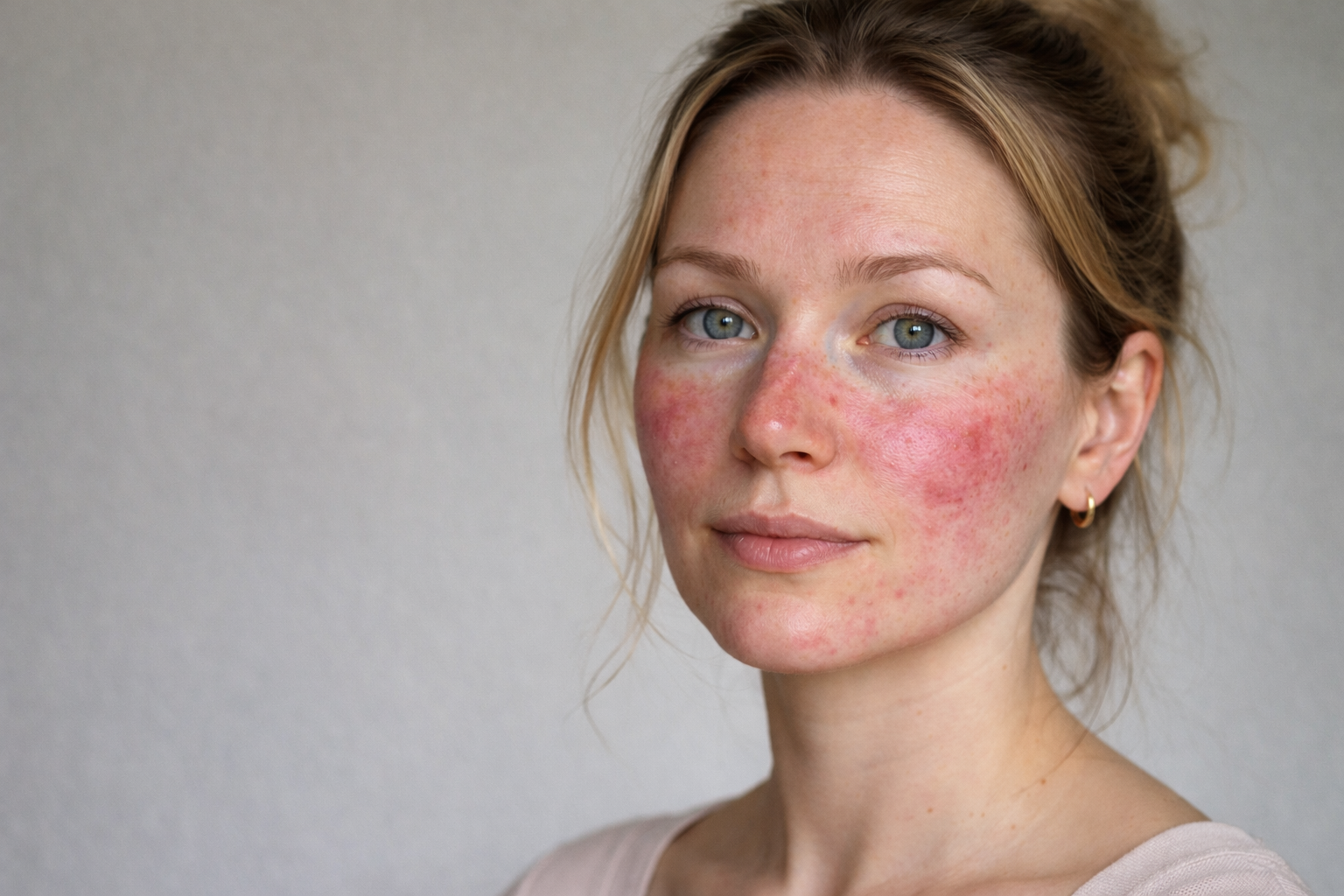

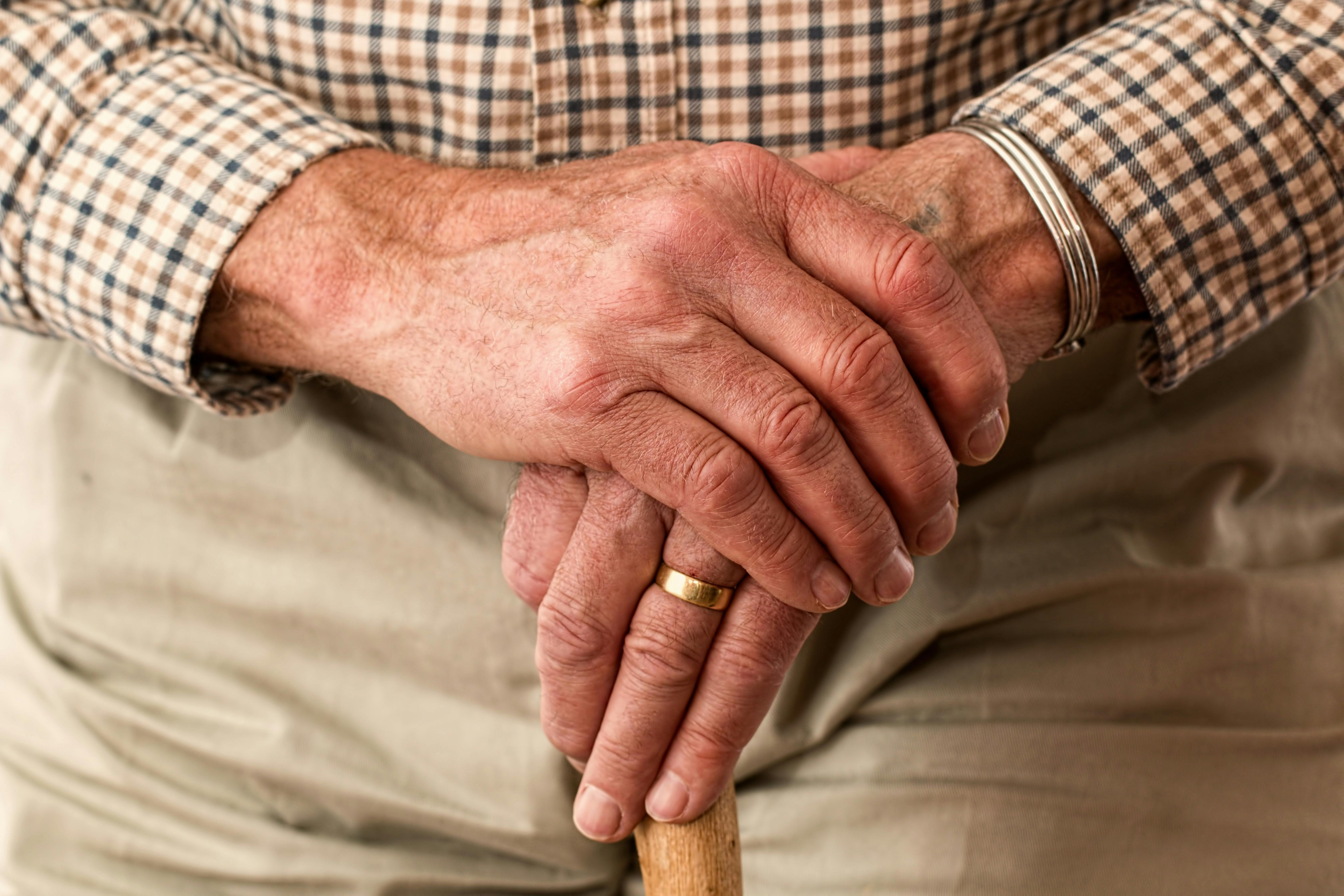
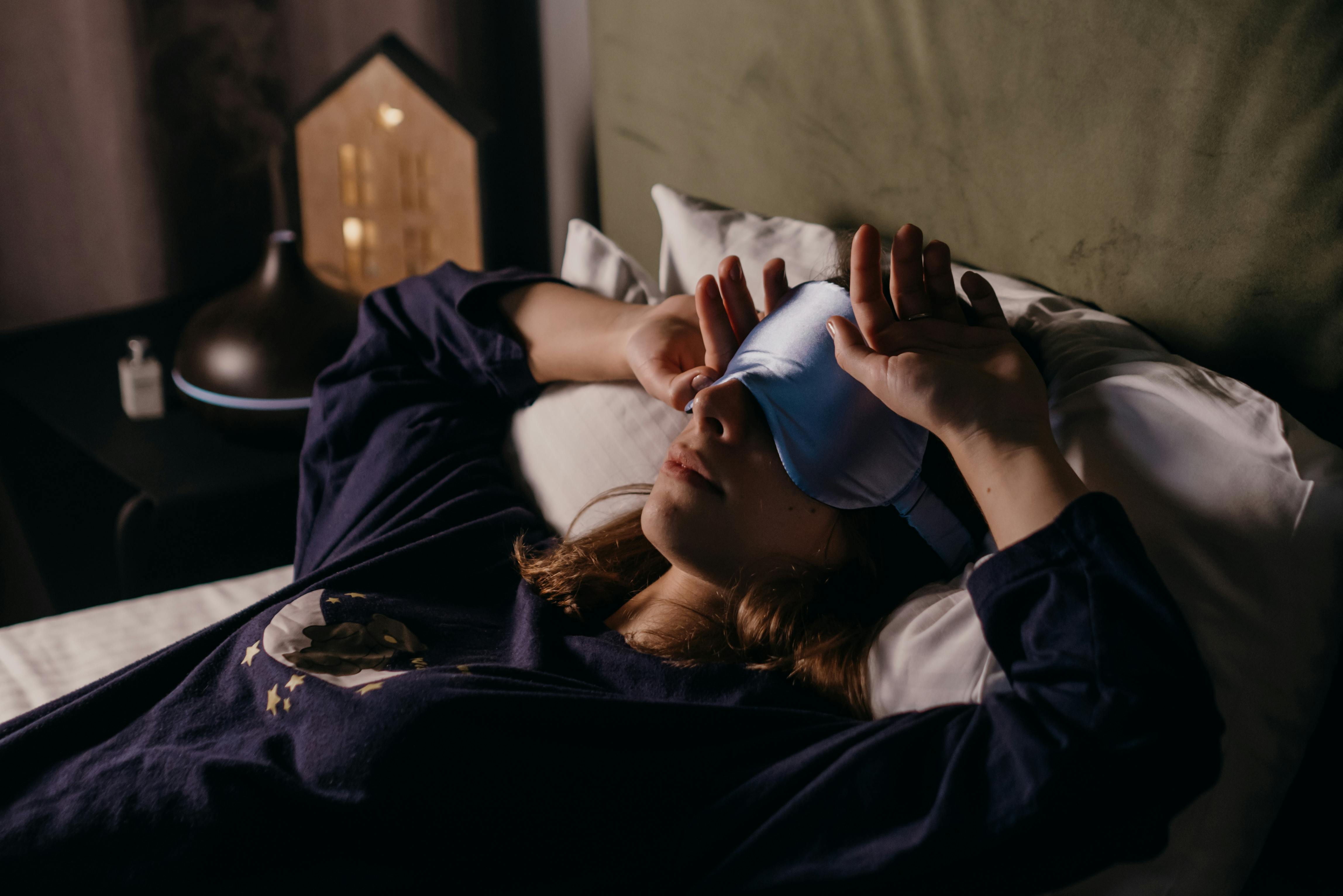

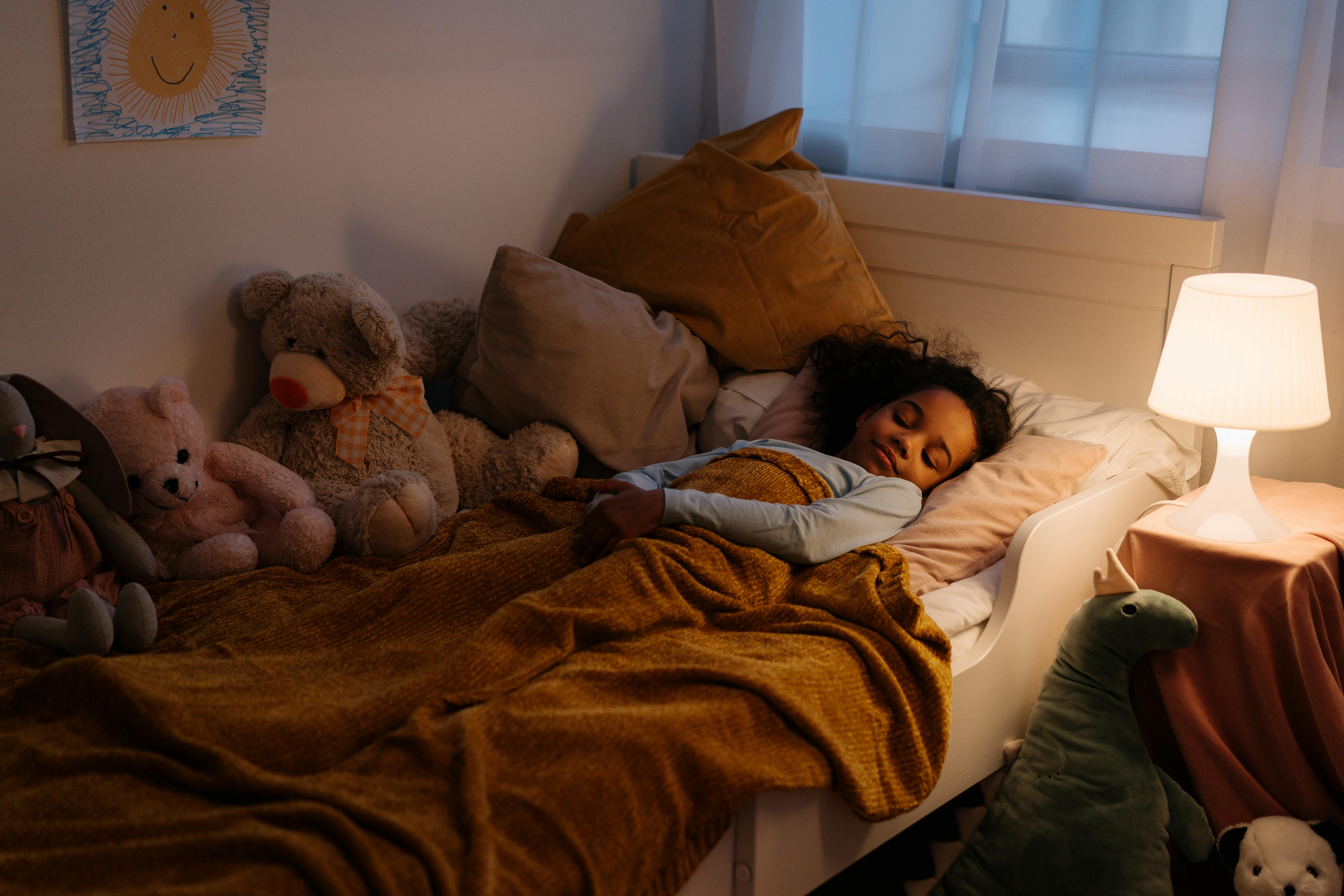


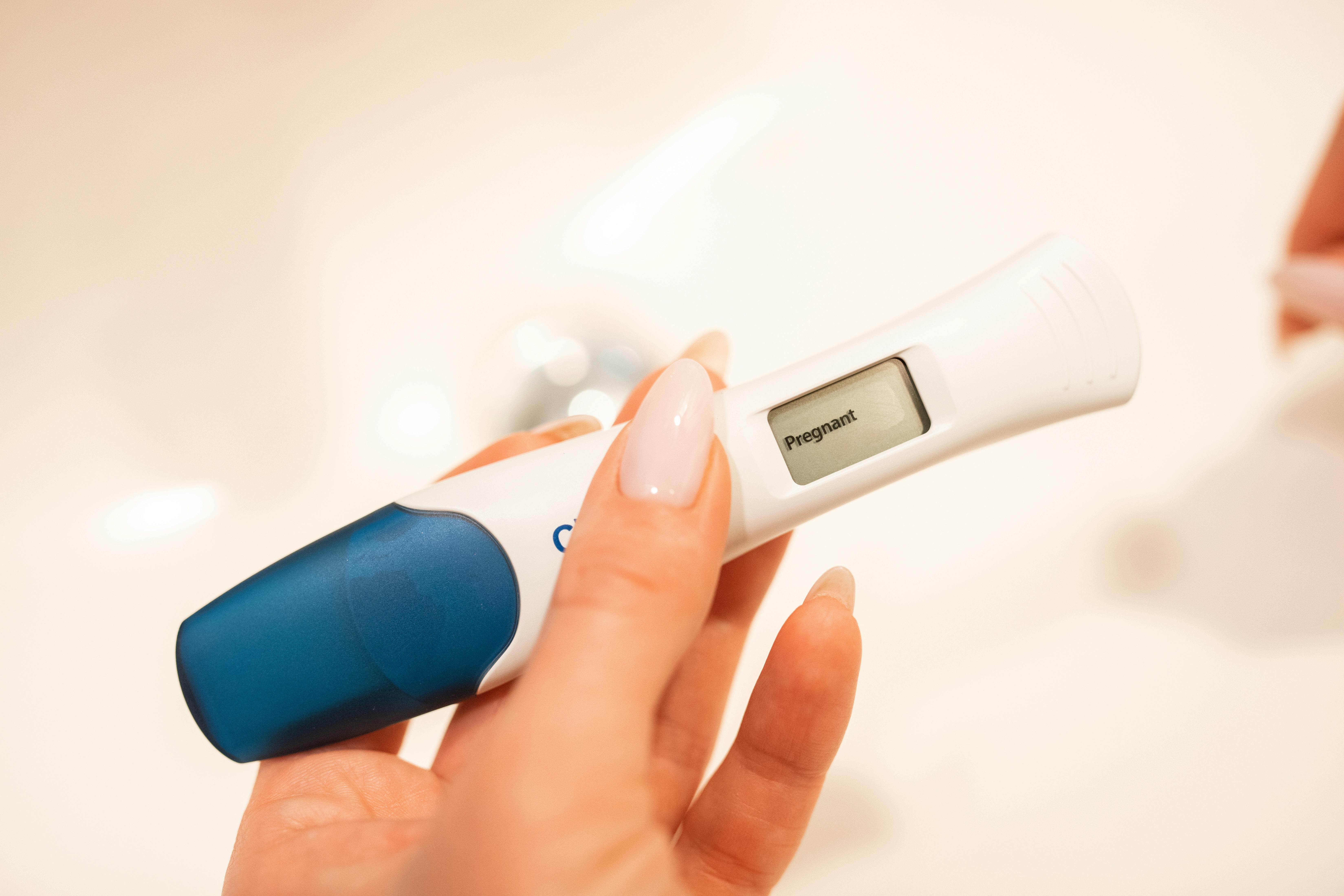





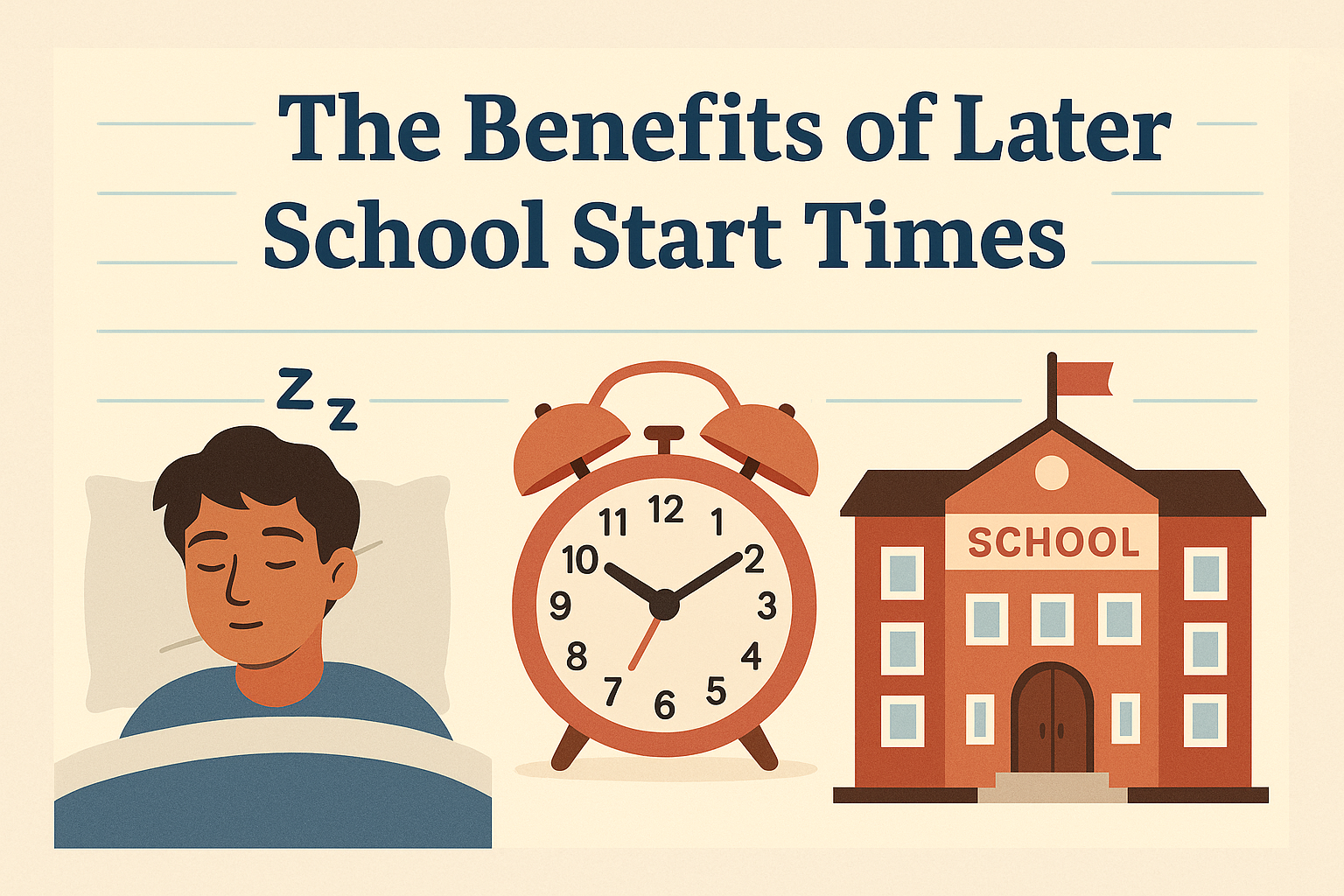

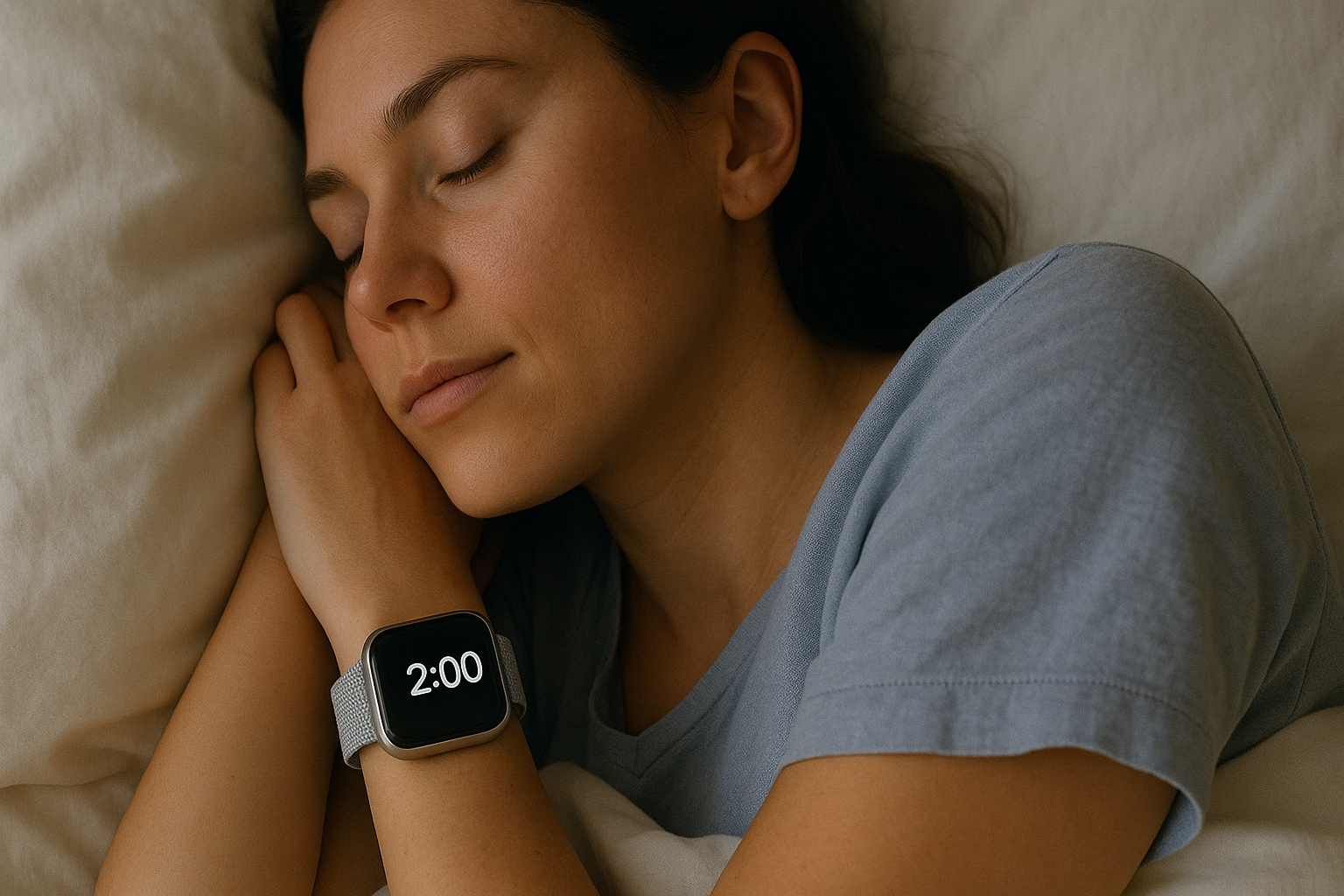


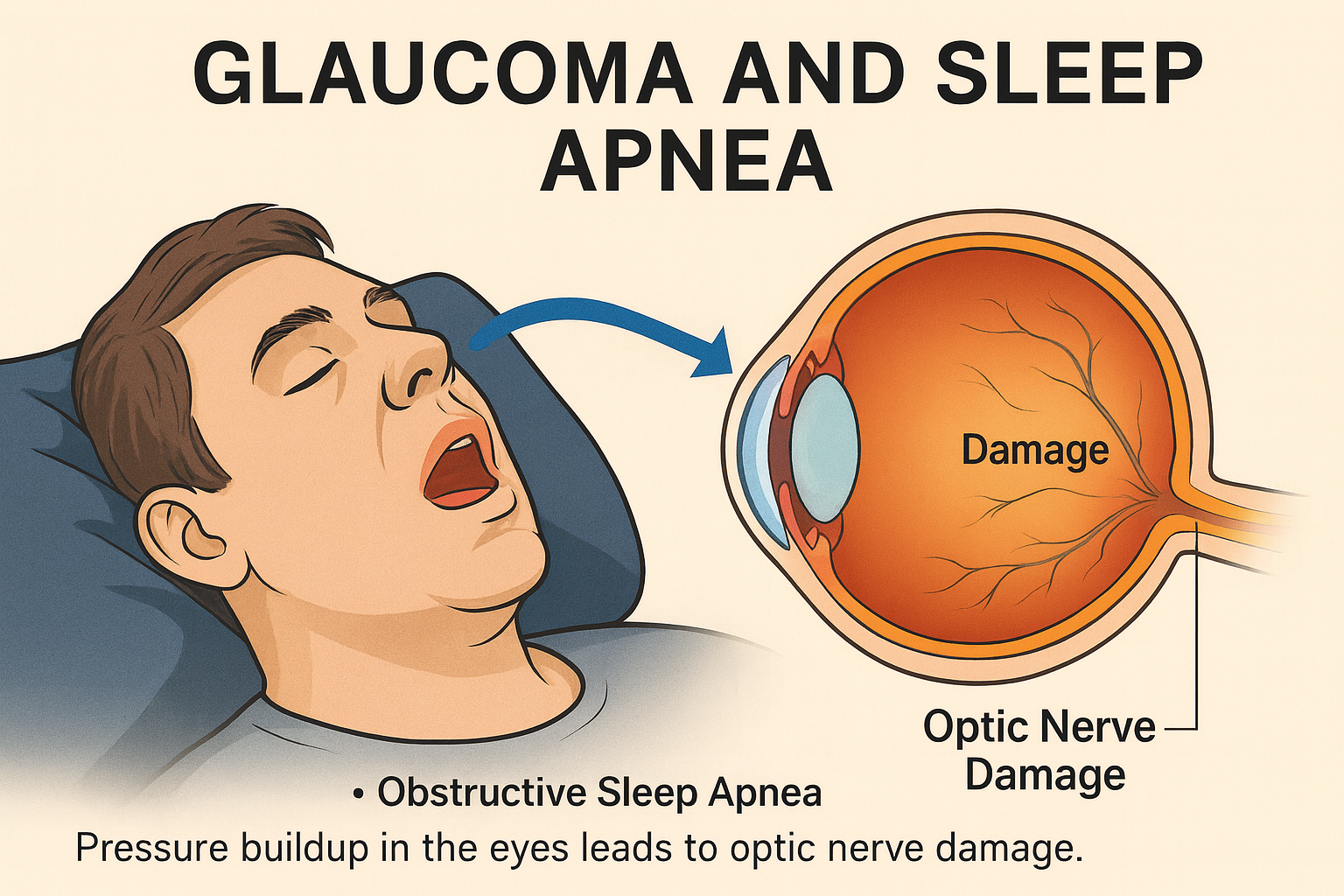
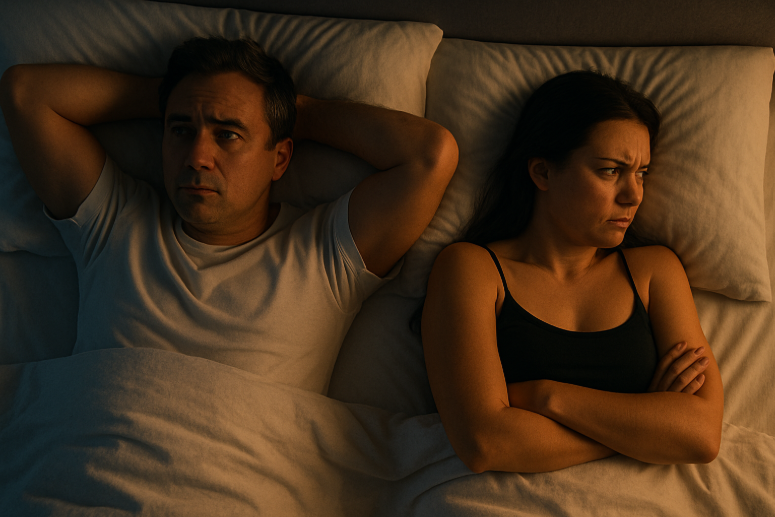
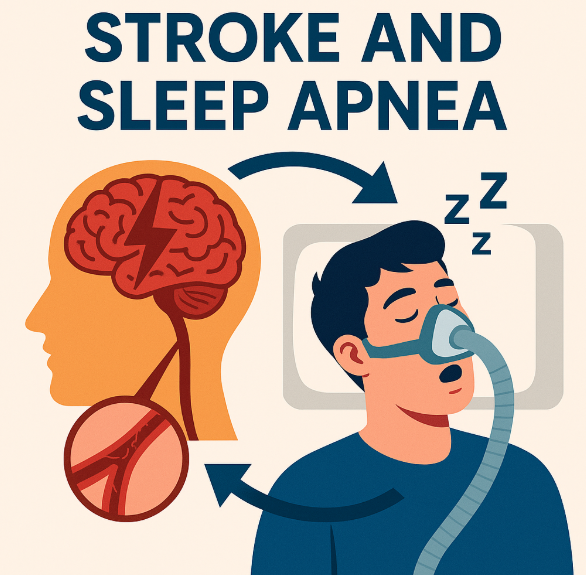
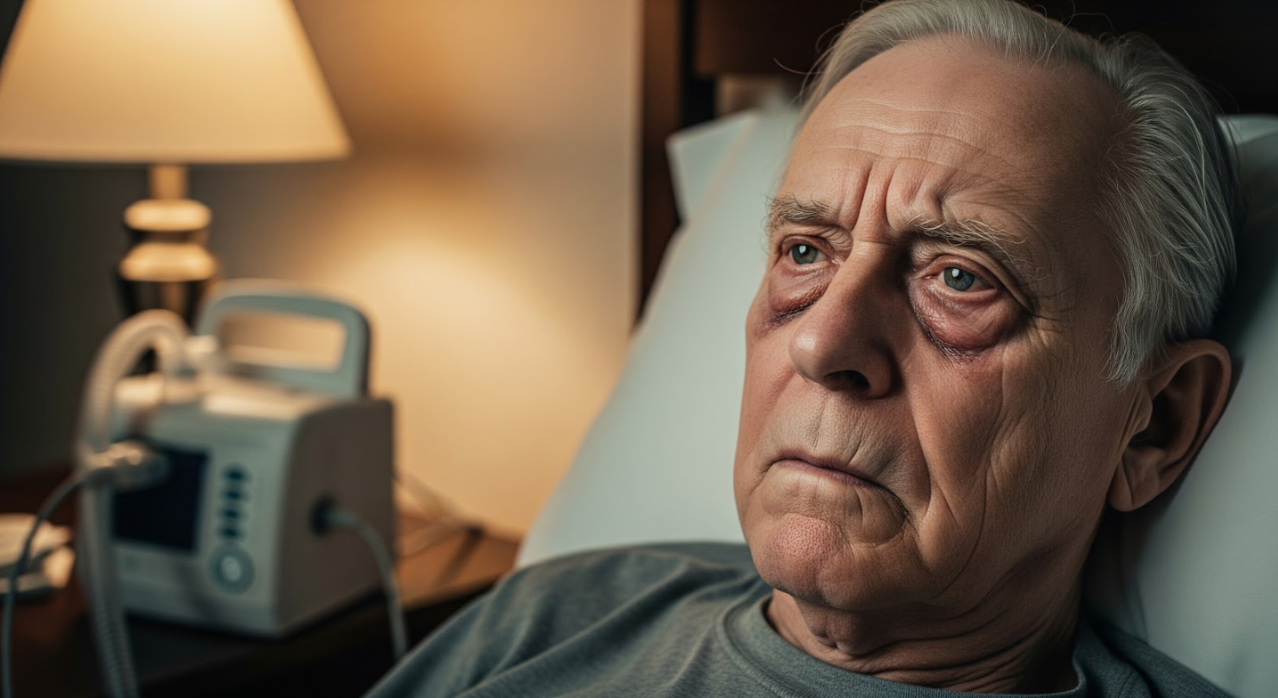
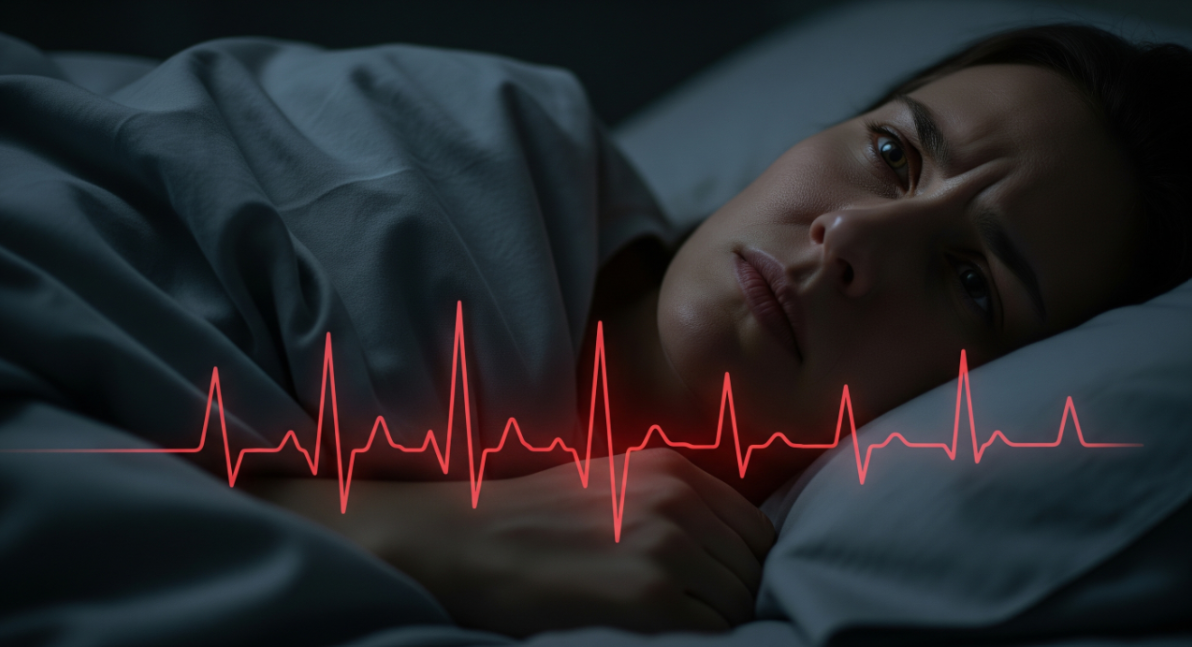
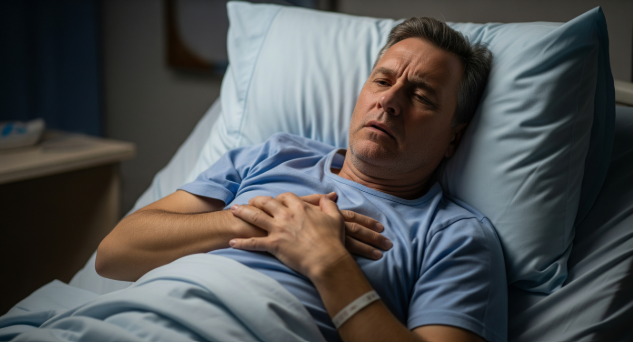




























































%20thumbnail.jpg)
.png)